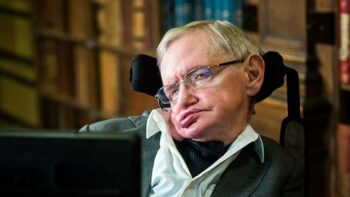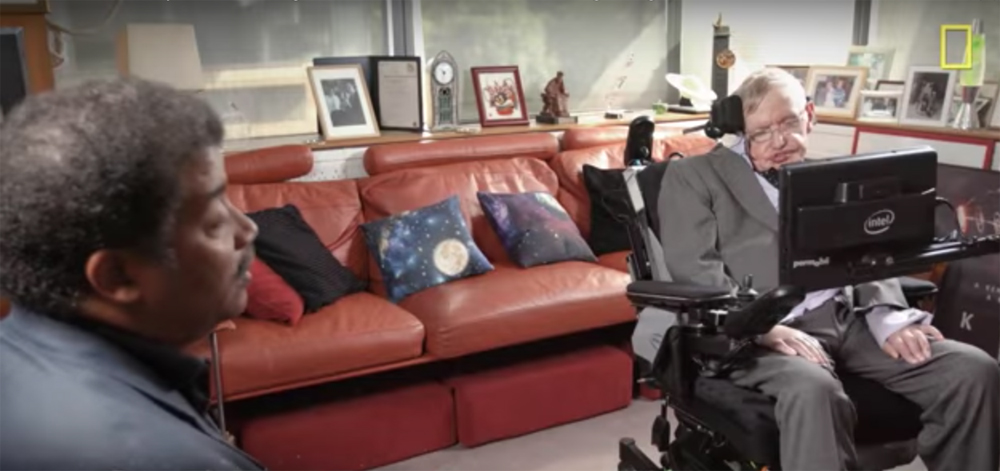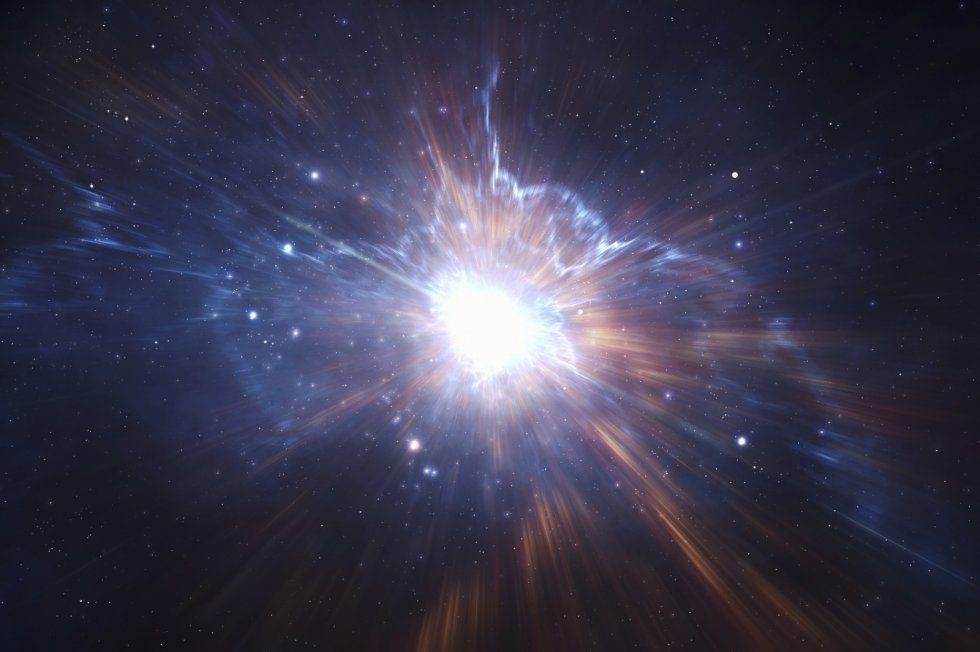
By Mark Ellis —
Noted British physicist Stephen Hawking claims nothing existed before the Big Bang, using a geographic analogy quickly challenged by a Christian astrophysicist.
“One can regard imaginary and real time as beginning at the South Pole, which is a smooth point of space-time where the normal laws of physics hold,” Hawking told astronomer Neil deGrasse Tyson, in a video posted by Popular Science.

“There is nothing south of the South Pole, so there was nothing around before the Big Bang.”
Hawking appealed to Einstein and Euclid to reach his conclusion. “In Einstein’s General Theory of Relativity, space and time together form a space-time continuum or manifold which is not flat, but curved by the matter and energy in it. I adopt a Euclidean approach to quantum gravity to describe the beginning of the universe,” he told Tyson.

“In this, ordinary real time is replaced by imaginary time, which behaves like a fourth direction of space. In the Euclidean approach, the history of the universe in imaginary time is a four-dimensional curved surface like the surface of the Earth, but with two more dimensions. Jim Hartle and I proposed a “no-boundary” condition. The boundary condition of the universe is that it has no boundary. In order terms, the Euclidean space-time is a closed surface without end, like the surface of the earth.”

Canadian astrophysicist and Christian apologist Hugh Ross accepts Hawking’s view that time has a beginning, but rejects the idea that nothing existed before that. “The beginning of time demands a Causal Agent capable of creating time independent of time. It is not enough to simply speculate that imaginary time also exists,” he told The Christian Post (CP).
“Not just Hawking’s model but all cosmological models seeking to avoid the need for a transcendent Causal Agent for the universe (aka God) require that the quantum space-time fluctuations during the quantum gravity era (the era when the universe is smaller than the diameter of an electron) must be large,” Ross told CP.
“Recent observations showing that the images of distant quasars and blazars are not blurry, but rather are sharp, constrain the size of these quantum space-time fluctuations. The fluctuations are not large enough to escape the need for a Creator who creates space and time or for the universe to have a finite age.”




So just exactly what is he “hawking?” LOL!
There can’t be anything before time because before time is contradictory. Things need to happen at the beginning of a sequence before anything, and if anything happens that’s time. But this does not mean that something can happen without cause.
Comments are closed.